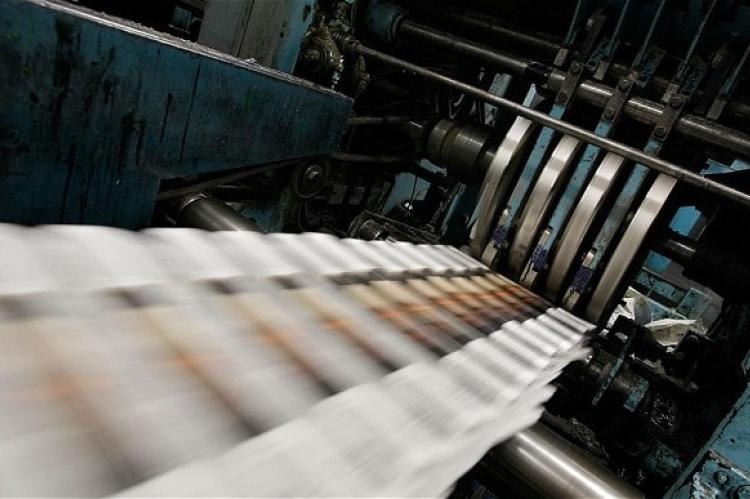Claim: Free press ‘withers’ in Turkey
New York Times claims Turkey jails more journalists than China
The New York Times published an article entitled ‘Turkey’s Free Press Withers as Erdogan Jails 120 Journalists’ by Rod Nordland which contains a number of claims that do not stand up to scrutiny.
Beginning his article with the example of Kadri Gursel, a columnist at the left-leaning Cumhuriyet daily, Nordland suggests that Gursel was arrested for disagreeing with Turkish President Recep Tayyip Erdogan’s anti-smoking campaign. However, the controversy surrounding Gursel’s newspaper relates to the newspaper’s willingness to ally itself with both the Fethullah Gulen Terror Organization (FETO) and the outlawed Kurdistan Workers’ Party (PKK). As noted by the indictment prepared against the newspaper, it is unlikely that Cumhuriyet columnists are members of terrorist organizations, therefore they are charged with the crime of indirectly assisting a terrorist organization.
The cooperation between Cumhuriyet and FETO became most apparent during the 2015 scandal relating to the alleged transfer of arms to Syria. The scandal was designed cause embarrassment for the Turkish government by suggesting that the Turkish government was involved in sending arms to al-Qaeda. Military officers who were later detained as suspected members of FETO, stopped several trucks en route to Syria, photographed the contents and leaked the photographs to Cumhuriyet. In a leading article, Cumhuriyet editor Can Dundar claimed that the weapons were intended for al-Qaeda affiliates in Syria, but later retracted statement in court, stating that he was unaware of who the weapons were intended for.
Nordland continues by claiming that Turkey has “outstripped China as the world’s biggest jailer of journalists.” citing the CPJ's numbers. However, the situation is not as a clear-cut as this. Several media outlets in Turkey are currently under investigation for links with networks such as FETO and the PKK. Moreover, newspaper circulation figures for the week 07-13 November show that broad opposition newspapers such as Hurriyet, Posta, and Milliyet were among the top selling newspapers in the country with respective circulations of 336,000, 293,098 and 139,000. Staunch opposition newspaper Sozcu had the fourth highest circulation figure at 283,000 issues. Smaller opposition newspapers such as Cumhuriyet sell 58,000 issues daily, followed by Nationalist Movement Party-aligned Yeni Cag with a circulation of 51,000 and Patriotic Party-aligned Aydinlik, whose circulation stands at 50,000. Similarly, the figures for columns regularly show that not a single pro-government columnist reaches the top 10 columns shared on social media.
Norland posits that when the PKK-aligned Ozgur Gundem daily was “under attack,” prominent journalists rotated the position of editor among themselves and were subsequently charged with “various terrorism offenses” for what the paper published. However, available evidence seems to suggest that Ozgur Gundem is linked with the PKK. Ozgur Gundem contains articles which praise the PKK’s use of children as combatants, tactics such as suicide bombs and hosts several senior PKK commanders as columnists who use the newspaper to issue instructions to the PKK-aligned movement. Moreover, Ozgur Gundem served as the vehicle for the PKK to declare the peace process with the Turkish state null, further stating that the next period will be one of “revolutionary people's war.”
Furthermore, Nordland’s definition of the PKK as an outlawed “Kurdish nationalist party” is inaccurate. The US State Department lists the PKK as a designated foreign terrorist organization, and the organization is responsible for over 30,000 deaths. Nordland’s article contains other factual inaccuracies. He claims that journalists have been imprisoned “for advocating a resumption of the collapsed peace process,” and that “failing to mention how many people were killed in the attempted coup, in any article about it, is also considered proof of terrorist sympathies.” Nordland fails to substantiate these claims with evidence.



